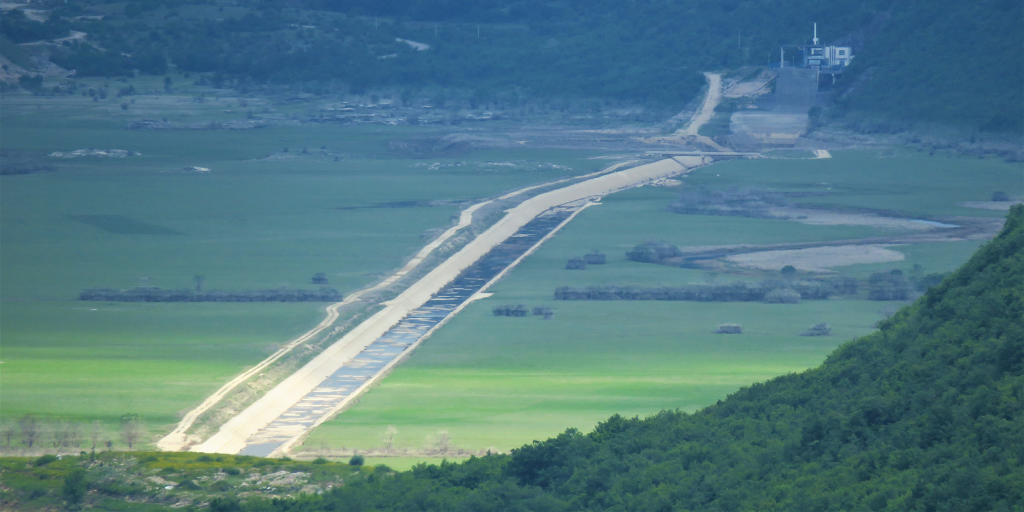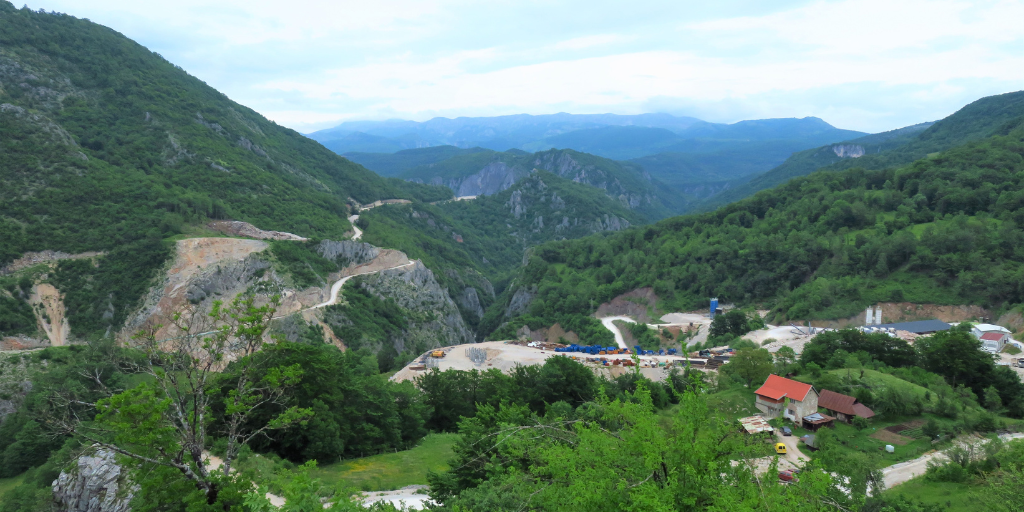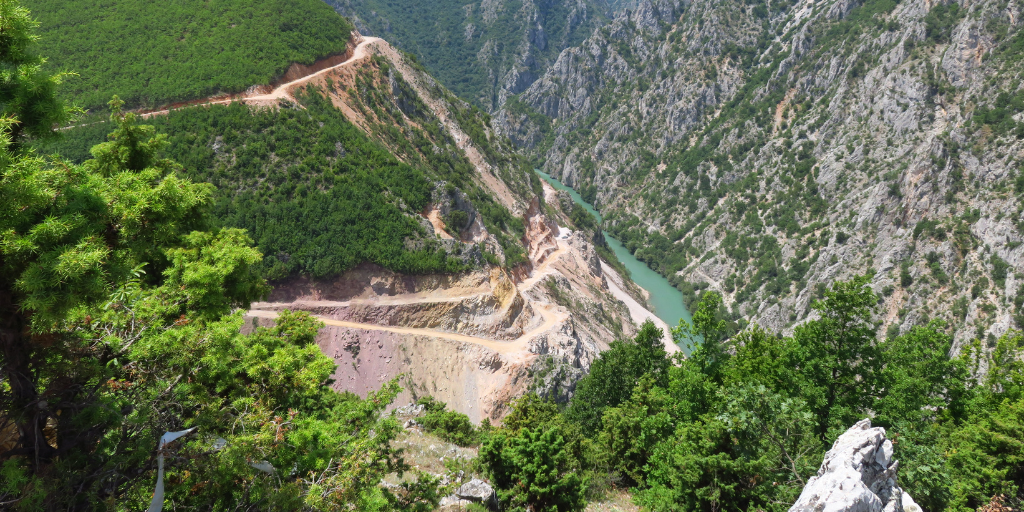A clash is raging between nature and finance. On the one hand, the EU is striving to improve the deteriorating state of nature across Europe, with initiatives like the Biodiversity Strategy 2030 and the European Green Deal. On the other, massive amounts of public money continue to flow to infrastructure projects with devastating impacts on the natural world. Our work where finance meets the natural world advocates for adequate protection and restoration projects to ensure a green future for all.
IN FOCUS
Rivers and communities
The countries of the Energy Community Treaty have diverse energy mixes, but hydropower has traditionally played a strong role in many of them. Albania is almost completely reliant on dams for its domestic electricity generation, followed by Georgia with an average of 80 per cent of electricity generated by hydropower and Montenegro with an average of 55 per cent.
EU funds and biodiversity
In May 2020, EU leaders committed to an ambitious Biodiversity Strategy for 2030, outlining the clear need to act on biodiversity loss and address the failing health of nature.
The historic amount of EU funds now available represents a golden opportunity to increase biodiversity spending and fully realise the objectives of the biodiversity strategy.
As well as addressing the biodiversity crisis, strategically supporting nature through EU funds is also one of the most effective ways to tackle climate change, while providing jobs and improved health at the same time.
Yet, with many of the previous strategy’s objectives left unachieved, the pressure now mounts for this decade. Never before has there been so much potential – and urgency – to use EU funds and investments to address the biodiversity crisis.
Related projects
Upper Horizons hydropower scheme, Bosnia and Herzegovina
A series of dams, diversion tunnels, hydropower plants and channels will completely change the natural hydrology of eastern Herzegovina and have unpredictable impacts on wetlands, rivers and underground karst.
Ulog and Upper Neretva hydropower plants, Bosnia and Herzegovina
A 35 MW hydropower plant is currently under construction on a pristine section of the Neretva river at Ulog. Seven more plants are also planned further upstream.
Skavica hydropower plant, Albania
Instead of increasing its energy security, Albania is pushing the construction of yet more hydropower. The Skavica project may flood several villages, displace thousands of people and bring the Balkan lynx to extinction
Latest news
Beyond profit: Launch of report on EU’s green finance challenges
Press release | 12 March, 2024Ahead of the upcoming EU elections, uncertainty surrounds the financing of the EU’s climate agenda and the future of flagship initiatives such as the European Green Deal and the NextGenerationEU fund. Despite ambitious intentions, progress on environmental sustainability and economic recovery is failing to improve people’s well-being, according to a new report by the Citizens’ Observatory on Green Deal Financing.
Read moreEnvironmental groups urge European Commission to speed up nature safeguards in the Western Balkans, Ukraine, Georgia and Moldova
Press release | 23 February, 2024The EU must accelerate plans to strengthen nature protection rules for energy infrastructure development under the Energy Community Treaty (1), 36 civil society organisations today urged the EU Commissioner for Environment, Virginijus Sinkevičius, in a joint letter.
Read moreHalfway there but facing a mid-life crisis: why the EU’s recovery fund is failing to deliver
Press release | 21 February, 2024The European Commission’s mid-term evaluation of the Recovery and Resilience Facility, published today, delivers an overly positive assessment. According to CEE Bankwatch Network, the EU’s landmark fund, which was expected to bring about a ‘green recovery’, still faces numerous implementation challenges.
Read moreRelated publications
Needs and priorities for biodiversity funding: a comparative analysis of Latvia and Estonia
Briefing | 22 February, 2024 | Download PDFThis briefing provides an overview of the priorities for national biodiversity needs in Latvia and Estonia.
Recommendations on how to determine the contribution of EU funds for biodiversity
Briefing | 31 January, 2024 | Download PDFThis briefing aims to demonstrate the need to ensure a greater and more accurate amount of funding is channelled to the right areas, as well as to explore potential alternatives ahead of the next EU budget.
The Tisza–Túr reservoir: restoring habitats to help farmers adapt to floods and drought
Case study | 20 December, 2023 | Download PDFThis case study demonstrates the Tisza–Túr flood reservoir which uses controlled flooding and draining methods, and serves the dual purpose of preventing both floods and drought.



